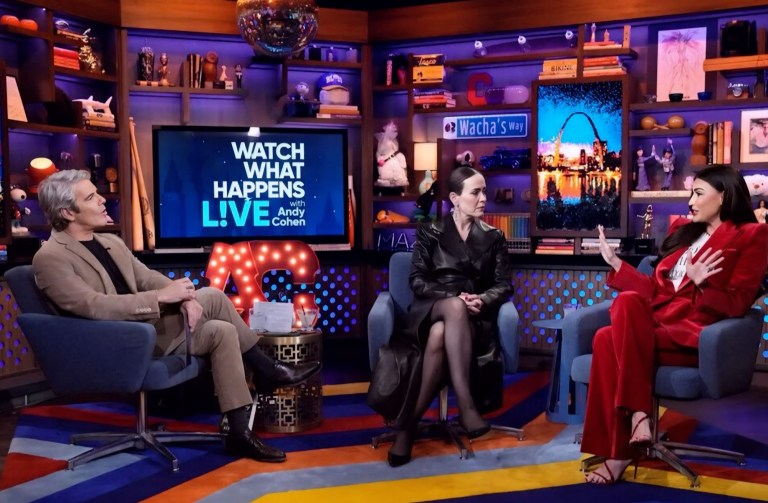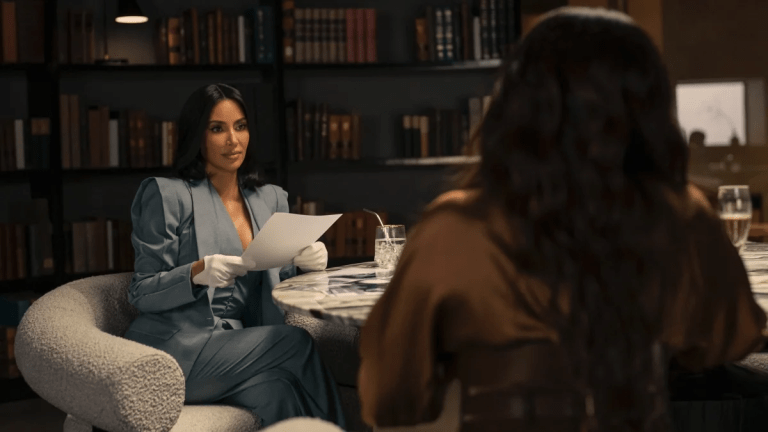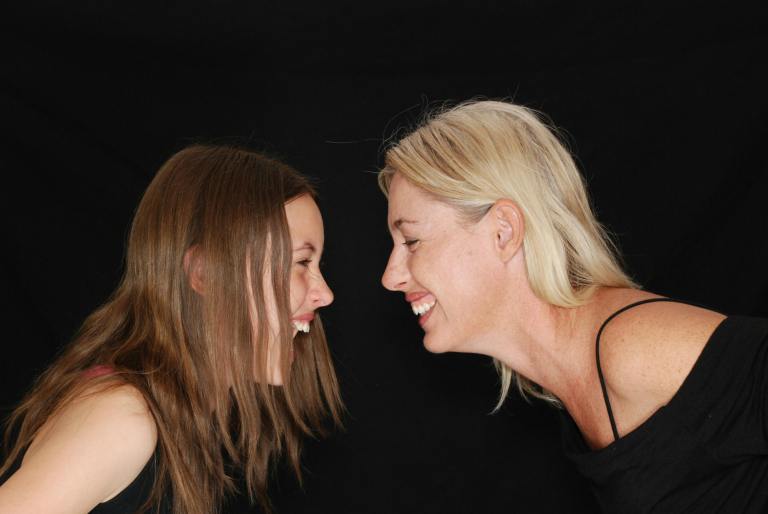
Don’t Say ‘Maybe’ If You Want To Say ‘No’
And that’s how you find yourself in places you don’t want to be, stuck doing stuff you don’t want to do, frustrated and resentful, overloaded and impatient, distracted and confused.
By ![]() Ryan Holiday
Ryan Holiday
Another day brings another manufactured internet controversy. This time it was over a shirt from Forever 21, which had a supposedly offensive and dangerous message.
Except it didn’t. Because the line on the shirt is one of the most hardest lessons to learn in life–one that doesn’t come easy and almost always come from experience.
What did the shirt say? It said: Don’t Say Maybe If You Want To Say No.
Some intentionally obtuse bloggers tried to claim this message promoted rape. Which of course is not just laughably unrelated to the t-shirt, it’s in a lot of ways the opposite of the point the shirt was making. The actual message is simple and has nothing to do with sex—anymore than it was specifically about meetings, obligations at your job, or agreeing to hang out with people you don’t like. It’s about all those things and none of those things.
The full lesson is: Don’t say maybe. Say no. Say no firmly, clearly and loudly to stuff you don’t want to do. Because that’s your right.
In a “let’s all get along” culture, there are so many pressures to say “yes.” You have to say yes to extracurricular activities (or you can’t go to college), you have to say yes to going to college (even if you have to no idea what you want to do with your life), you’re pressured to say yes, I agree that’s outrageous! (even if you’re not actually offended) You’re guilted into saying “Yes, I can meet next week,” or “Yes, I’d be happy to hop on the phone” (even though you know it’s not necessary). “Yes, I think that’s a great idea (when it’s not–it’s a horrible idea). You’re reminded with endless alerts until you say, yes I’ll attend your Facebook event (even though you have no idea who the person is), or yes I’ll read your book or blog post or support your Kickstarter (even though you might not have the time or the money).
And if you don’t want to say yes to those things, the only option is to say “maybe” instead—which is just a more equivocal way of saying yes.
Maybe I’ll see you guys later.
Maybe I’ll just be an English major.
Maybe I’ll appear on your podcast.
Maybe I’ll email you when I get into town.
Maybe I’ll…
All of this instead of: “No I really don’t want to do.” “No, I’m not going to settle.” “No, I just can’t.” “No, there just really isn’t enough in this for me.” “No, I am not going to give you a piece of my life.”
And that’s how you find yourself in places you don’t want to be, stuck doing stuff you don’t want to do, frustrated and resentful, overloaded and impatient, distracted and confused.
I’m not saying this flippantly. Because it’s about the hardest thing in the world for me too. For instance, I don’t drink, but the amount of times I’ve let someone order me a beer because I didn’t clearly explain that? I’ve literally lost count. The amount of uncomfortable favors I’ve done or commitments I’ve made because I danced around my feelings or needs? Embarrassing. The amount of times I’ve had to say no to my wife or something I actually want to do because I said maybe or yes to something else? Way too many.
When someone wants a yes, they don’t hear maybe as a no. They hear it as “So what you’re telling me is that I have a chance?” The attempt to get out of it by being less than direct only entangles you in it more.
Mark Manson and Derek Sivers have both talked about “Fuck Yes or Fuck No” or “Hell Yes or Hell No” but that’s like graduate level thinking. So far above where most of us are.
For instance, I constantly catch myself doing something even worse than give a “maybe” when I should just say “no.” When there’s something I don’t want to do, I ignore it. I just hope it will go away. How often does this work, you ask? Hardly ever!
Instead, it makes it tougher to say no to the persistent folks, who by definition are the type who don’t pick up on hints or subtext. Now they’ve emailed you two or three times, and you have to respond—but guilt is in the mix now. They won’t take anything but yes for an answer. It’s putting yourself in a dynamic where the thing you’re already reluctant to do, is even more unpleasant.
The irony of it all of course is that people respect people who say no, and being someone who is unavailable often increases your value. My speaking agent has told me this on numerous occasions. “If you want to make more money,” they told me, “start turning some of these opportunities down.” (If saying no to minor social obligations is tough, saying no to money is the worst). It can feel reckless, like social or financial suicide. It feels like a confrontation to assert yourself, to draw a boundary.
BUT it’s important. It makes your life better.
As Publilius Syrus put it some 2,000 years ago, “Rivers are easiest to cross at their source.” You could adapt that to say, they’re easiest to dam at their source too. With a clear and firm and practiced, “No” (or if you’re polite, like me, “No, I’m sorry”).
Not, “I’ll think about it.” Not, “I’d love to but let me see…” Not, “I’m not sure.” Not, “It’s totally possible”
Not “Maybe.”
Say no when you want to say no.
Or, I guess, we could get angry and ban the shirt from Forever 21. ![]()











